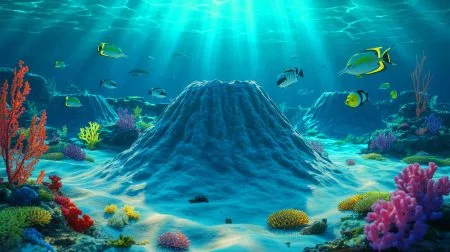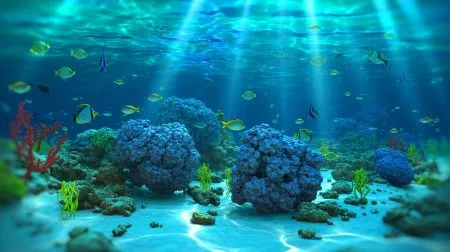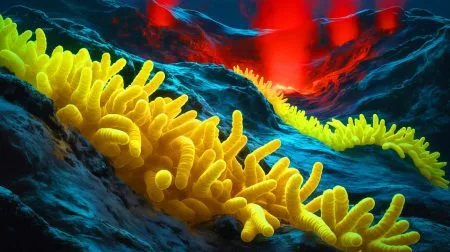The 2019 BP Energy Outlook argues that a global ban on single-use plastics, including packaging, by 2040 could have the unintended consequence of increasing the carbon emissions that cause climate change.
The report said alternatives to plastic packaging, like glass, could require more energy to produce and transport and would, therefore, prove more environmentally damaging.
BP, which made a profit of almost £8 billion last year, says about 15 per cent of fuel is used as a raw material to make petrochemicals like plastics.
BP’s report argues that the industrial sector and the public need to accept plastic packaging as a key part of combating climate change and minimising food waste. Rather than a total ban on single-use plastics and packaging, governments needed to adopt a more rounded approach centred on networks of recycling and increasing the recycled content in food packaging, BP’s annual study said.
The report demanded infrastructure, such as sewerage in developing countries, that would reduce the flow of plastics and other waste into rivers and oceans. BP also called for more research into the use of bio-based plastics where appropriate.
The oil and gas giant’s report said about 3.5 million barrels of oil per day (bpd), almost 4 per cent of global demand, was used to make single-use plastics with the amount expected to rise to 6 million bpd next year.
A global ban on single-use plastics could have a “material impact” on demand for oil and reduce growth.
For a contemporary example, New York City this week said it was planning to ban all single-use plastic cutlery.
Spencer Dale, BP’s chief economist, argued that governments needed to “beware unintended consequences” until a proper replacement was found for plastic.
“We should think about the alternative materials that are going to be used if we stop using single-use plastics, and the impact they can have on energy demand and carbon emissions,” he added.
Sian Sutherland of the Plastic Planet NGO said BP was correct to say transporting glass could be more polluting but it was an unfair comparison. “Glass can be washed and reused at the point of purchase many times,” the activist told the media.
She praised Arla, a food manufacturer, which has developed milk cartons from recycled wood-based paperboard rather than plastic. “Everyone said that couldn’t be done,” Sutherland said.
Consumers could consider finding alternatives to single-use water bottles. Picture credit: Energy Reporters
Did you like it? 4.5/5 (26)







